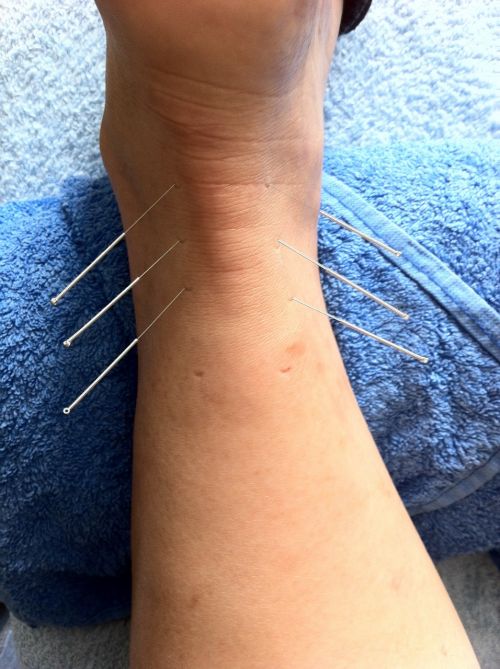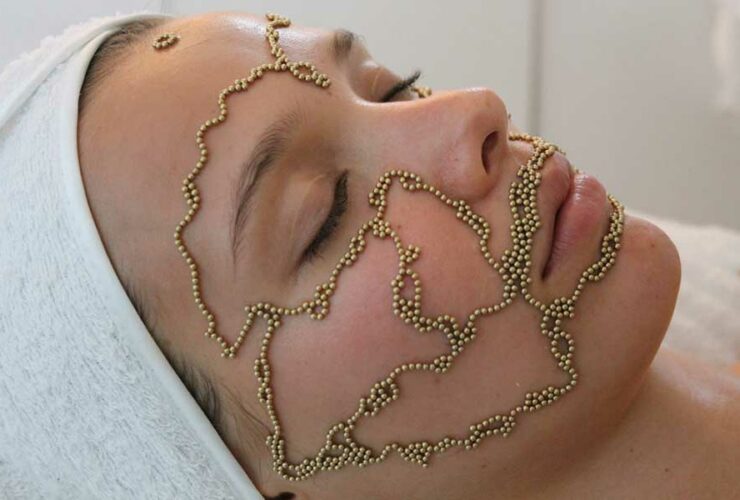Qi translated into English reads, “vital life force”. In Chinese Philosophy, Qi is the force that creates and unites all elements in the universe.
In Traditional Chinese Medicine, Qi also known as Chi consists of two branches. One branch represents the physical and wholesome part of Qi that is formed by food, water, and the air we receive. The second branch of Qi represents the intangible energy and fluids that exist within us.
Doctors at the Dronyk Health Clinic in Kitchener, ON understand that lack of harmony in the two branches results in a majority of emotional, physical, and mental afflictions in humans.
Dr. Bishop and Dr. Dronyk provide their patients with time to discuss their current health and goals they have for their future health state. Based on the information given, doctors will select therapies for all patients. Potential treatments include total body modification, chiropractic treatment, acupuncture, bio-computer operating system, counselling, homeopathy and other supplements. An individual plan is designed for every patient, and the concept of Qi can be related to all of these therapies practiced.
The balance of Qi is essential in maintaining good health because deficiency or excess may result in the surfacing of illness. Diagnosing and curing the imbalances of Qi is the primary motive of various methods in traditional Chinese Medicine, such as acupuncture and Chinese herbs.
Qi deficiency may result from the absence of sufficient sleep, fresh air, water, food, shelter and everything essential for the body to survive. It can also be led by insufficient social interaction, affection, and mental stimulation.
Excess symptoms can occur from the intake of environmental toxins, such as polluted water or air, and overeating, excessive physical activity, negative emotions, and stress.
Four Types of Qi
To maintain good health, a balance between four types of Qi is essential. Parental Qi is passed down from our parents to us at conception and gets stored in the kidneys. Pectoral Qi originates from breathing and is accumulated in the chest area. Nutritional Qi is obtained from eating foods and is accountable for the circulation of nutrition throughout the body. Lastly, Defensive Qi is vital in protecting the body.
Functions of Qi
There are five primary functions of Qi, namely, actuation, warming, defending, containment, and transformation. Qi is responsible for actuation, and it must retain the vital life energy, which is essential for our body’s growth and development. Qi is responsible for warming and thus must produce warmth to normalize body temperature and help standard functions to occur. Qi is accountable for defending the body against outer elements, such as environmental factors and pathogens. Qi must contain bodily fluids and organs in place. Lastly, Qi is also accountable for altering air and nutrition into subsets of Qi, such as Blood.
Good health comes from a right balance of Qi and once lost, the balance can be regained with the help of therapeutic practitioners. View the health services provided by the Dronyk Health Clinic online at www.dronykhealthclinic.com and give them a call at 519-894-0024.
All credit goes to Dronyk Health Clinic



